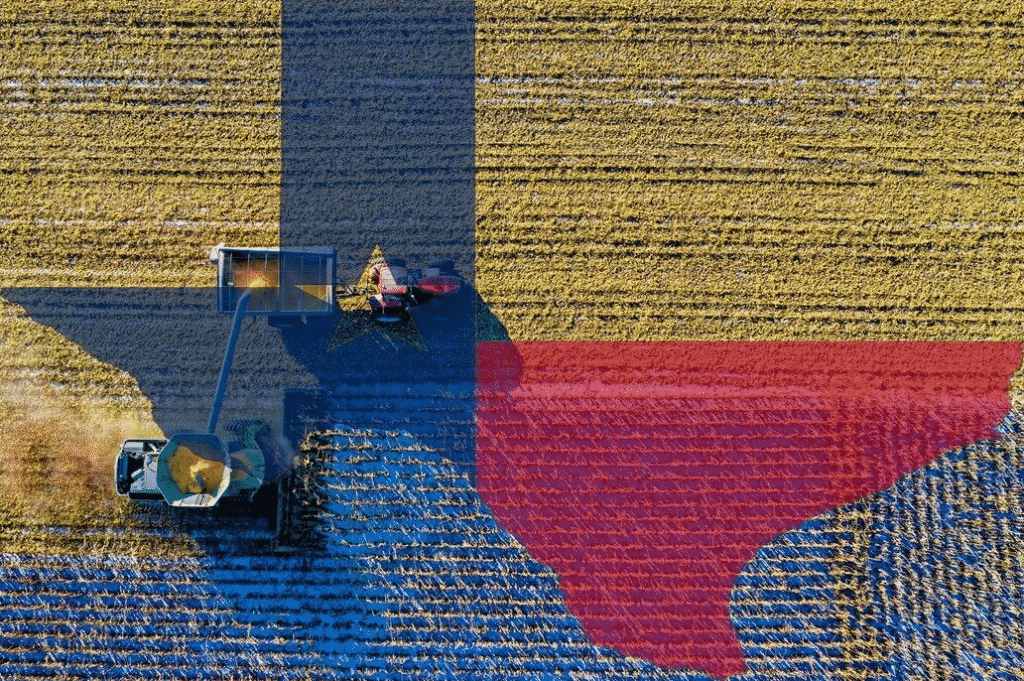Uncategorized
Celebrating Juneteenth? Thank Texas
It’s Juneteenth and here at Blue Forest Farms, we are contemplating our history. While we celebrate in support of our Black company leadership, our Black partner farmers, and our friends and family, we also hold in mind our country’s complicated, painful, and ongoing history of racism and oppression. Now, more than ever, as we stand poised for change, we remember how this Holiday came to be.
Many people – you might be one of them – have heard the term Juneteenth without really knowing what this Holiday is. Juneteenth is the oldest celebration of the end of slavery in the United States. It has been commemorated every year since 1865.
If you remember the US history that you learned in grade school, you might know that Abraham Lincoln signed the Emancipation Proclamation on January 1, 1863. Even if you didn’t remember that it happened on that day most people know 1863 was the year the slaves were freed. The Emancipation Proclamation actually did a lot that was more related to preserving the United States as a Union, but we remember it, rightly, as a pivotal time in the dissolution of chattel slavery in this country.
So, why does the Black community celebrate the end of slavery on June 19th instead of January 1st? Let’s go back to that complicated time in our history. The slaves are declared free in 1863, but the United States is in the middle of the Civil War, which would continue until April of 1865. So, none of the slaves confined in Confederate states were free beginning in 1863. And, remember, while we think of the Emancipation Proclamation as freeing the slaves, it was actually the Thirteenth Amendment to the Constitution, which was ratified in December of 1865. January 1863 and now December, 1865…neither of those is June 19. So why do we celebrate June 19th?
Here’s the basic story. While the Union and the Confederacy were fighting, some of the states had more battles, due to the geography of the United States. Very few battles were fought in Texas. Texans, in general, didn’t have much reason to know what was happening outside its borders. It was then, and it is now, a very large state, and it wasn’t closely monitored during the war.
So, the Civil War ends in April of 1865. Most of the states received word of the war ending, and many slaves in the Confederate states were now released. Unfortunately, some unscrupulous owners had tried to evade the law after the Emancipation Proclamation and fled – often to Texas, attempting to keep their slaveholdings, or even killed the Blacks in their household rather than release them. (That’s a story for a different day. This is a story about a celebration.) After the war ended, it was necessary to notify the isolated state of Texas of what had transpired. General Gordon Granger arrived in Galveston, TX, to deliver General Order No. 3, which read, “the people of Texas are informed that, in accordance with a proclamation from the Executive of the United States, all slaves are free…” This dramatic announcement happened on June 19, 1865. Juneteenth has been celebrated annually since that date, and is a Texas Holiday.
Juneteenth was originally called Jubilee Day, and it’s also referred to as Emancipation Day, Freedom Day, and Black Liberation Day. Even though it actually took months for the 250,000 slaves in Texas to all be freed, and some Northern states had released slaves beginning in 1863, June 19th is commemorated as the end of slavery. In 1866, the first annual celebration of June 19th was organized in Texas, and in 1870 a group of former slaves purchased land in what is now Houston to dedicate a park for an annual celebration. Every year Juneteenth is celebrated with music, barbecues, religious services, and more. The traditions have spread across the country, and even the world. In some areas the celebrations go on for days, weeks, or even the entire month. It is seen as a time for self-reflection, improvement, growth, and looking to the future.
Since Juneteenth originated in Texas, it seems appropriate to note that in June of 2019, it became legal to grow hemp in the state of Texas. At Blue Forest Farms, we are aware of the ways that racism has impacted our farmers of color, and we are committed to supporting and celebrating our growers. This year Juneteenth falls during a time of loss and pain in Black communities across the nation. And we at BFF stand with our communities in protest against racism and with demands for change. We can approach this day with hope for the future, even as we grieve the painful legacy of slavery and its ongoing repercussions in today’s society.




